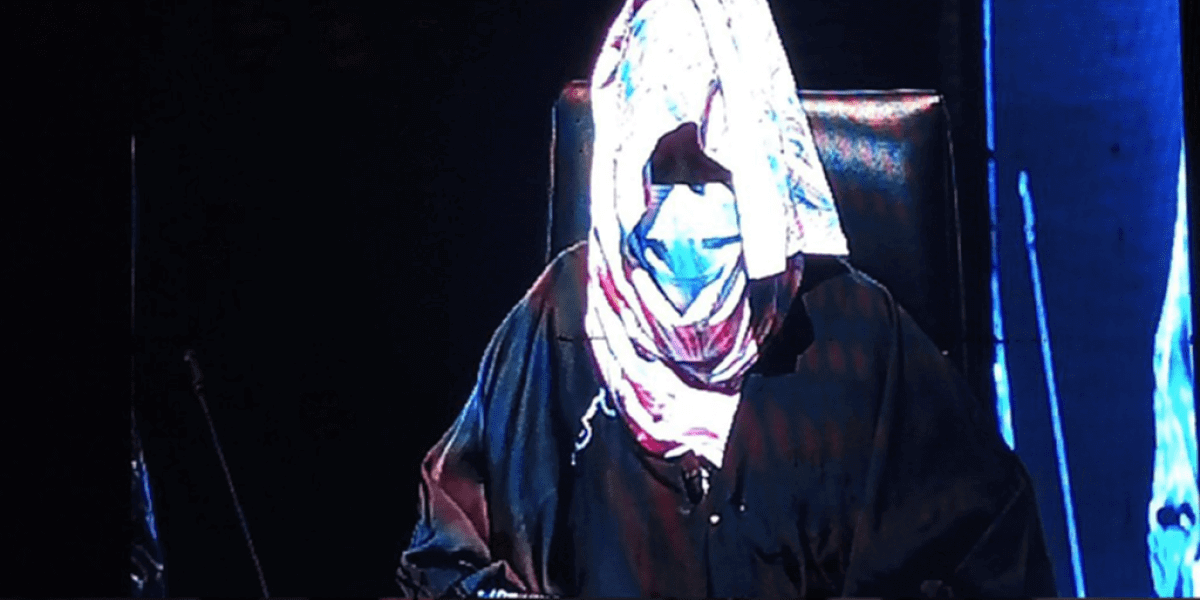
By Me Pascal Paradis,
Executive Director, Lawyers Without Borders Canada (LWB Canada)
It is the afternoon of December 8, 2019. She sheds a tear and courageously continues her testimony about her abduction and forcible confinement by armed men in the north of the country in 2012. In front of her, gathered in the huge hall in Bamako, the capital of Mali, nearly 600 people, listening attentively to the person known as Witness #6. Sometimes eyes meet, teary and supportive. This is the first time in the history of Mali that victims have been invited to testify publicly before representatives of the State about the multiple unpunished violations they have suffered.
This historic moment is due to Mali’s Truth, Justice and Reconciliation Commission (TJRC), which since 2016 has courageously pursued its difficult mission in an even more difficult context, with the support of LWB Canada.
2020, which has been a trying year for the rest of the world, was even more so for Mali. Massacres within and between communities are perpetrated, armed groups – including terrorist groups associated with Al-Qaeda – roam the north and the centre of the country, the pandemic has struck, and last August the country experienced its fourth military coup in 60 years of independence.
Mali is the fifth largest recipient of Canadian international assistance: $1.6 billion over 20 years. Canada, in particular because it has no colonial past in Africa and is able to deploy its international assistance in French, can help reverse the trend. The whole world has an interest in ensuring that anarchy does not spread to Mali, which is now one of the keys to stability and security in the region, in Africa and around the world. However, the north of the country has already become a hub for illegal trafficking (weapons, drugs, people).
Despite these findings, there is hope, there is positive progress
The TJRC is leading an exemplary reconciliation process that involves civil society and victims and proposes concrete reforms to the Malian state. With the support of LWB Canada at the TJRC, Canada is the pillar of this successful process. Beyond what has been said about the deployment of Canadian peacekeepers in Mali, this is a too well kept secret: this is a genuine success of Canadian foreign policy.
In the face of uncertainty and insecurity, there is resilience and courage: victims who stand up for justice.
Like Witness #6, more than 18,000 Malian women and men have collaborated with the TJRC to help establish the truth, ensure that justice prevails, ensure that massive human rights violations do not reoccur and that victims get reparation. The TJRC is also preparing public hearings specifically on gender-based violence, an initiative that Canada can be proud to contribute to given its Feminist International Assistance Policy.
Much remains unresolved in Mali, but we remain convinced that an approach based on the implementation of human rights and placing victims at the centre of the process is the best way forward. Then, perhaps, stories like those of Witness #6 will finally remain in the past.